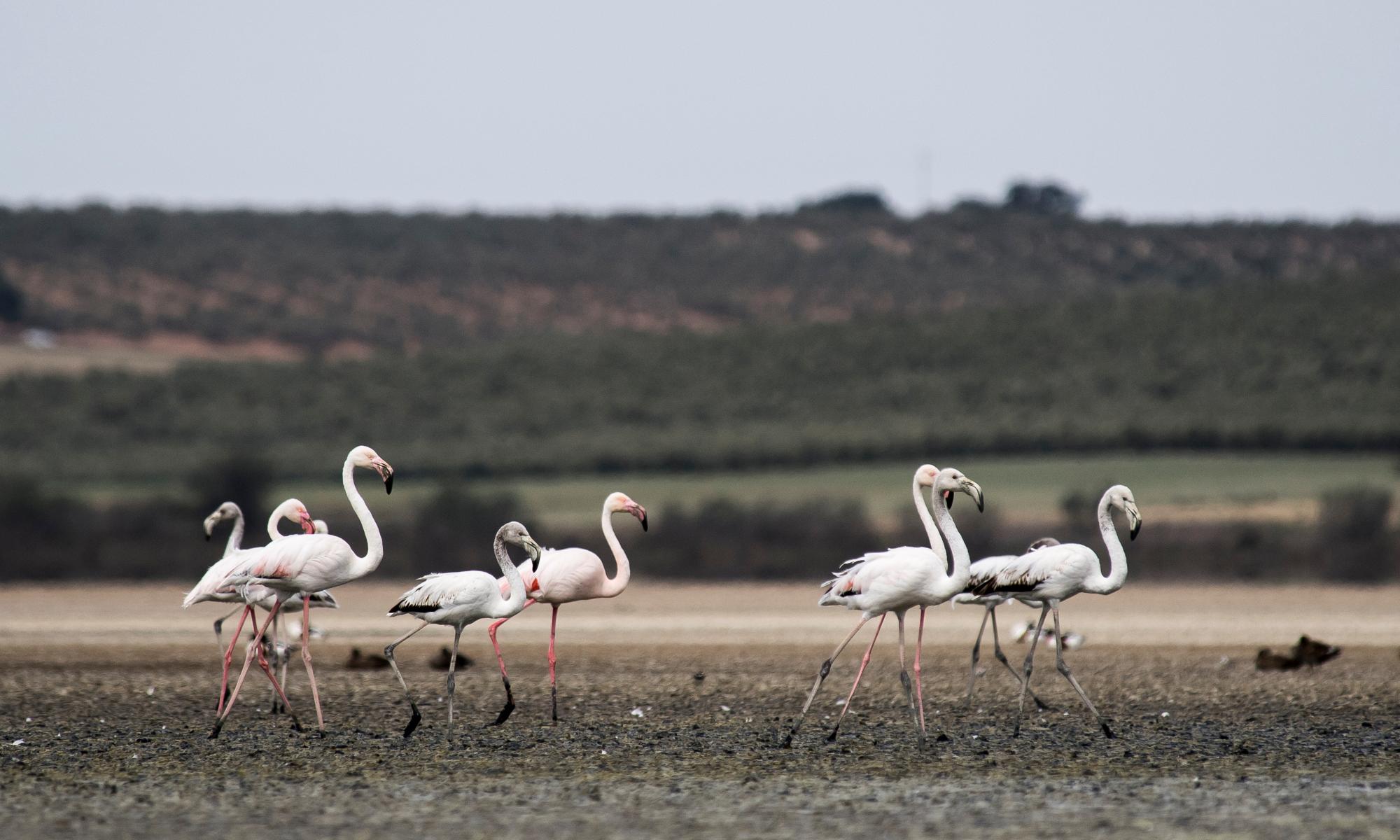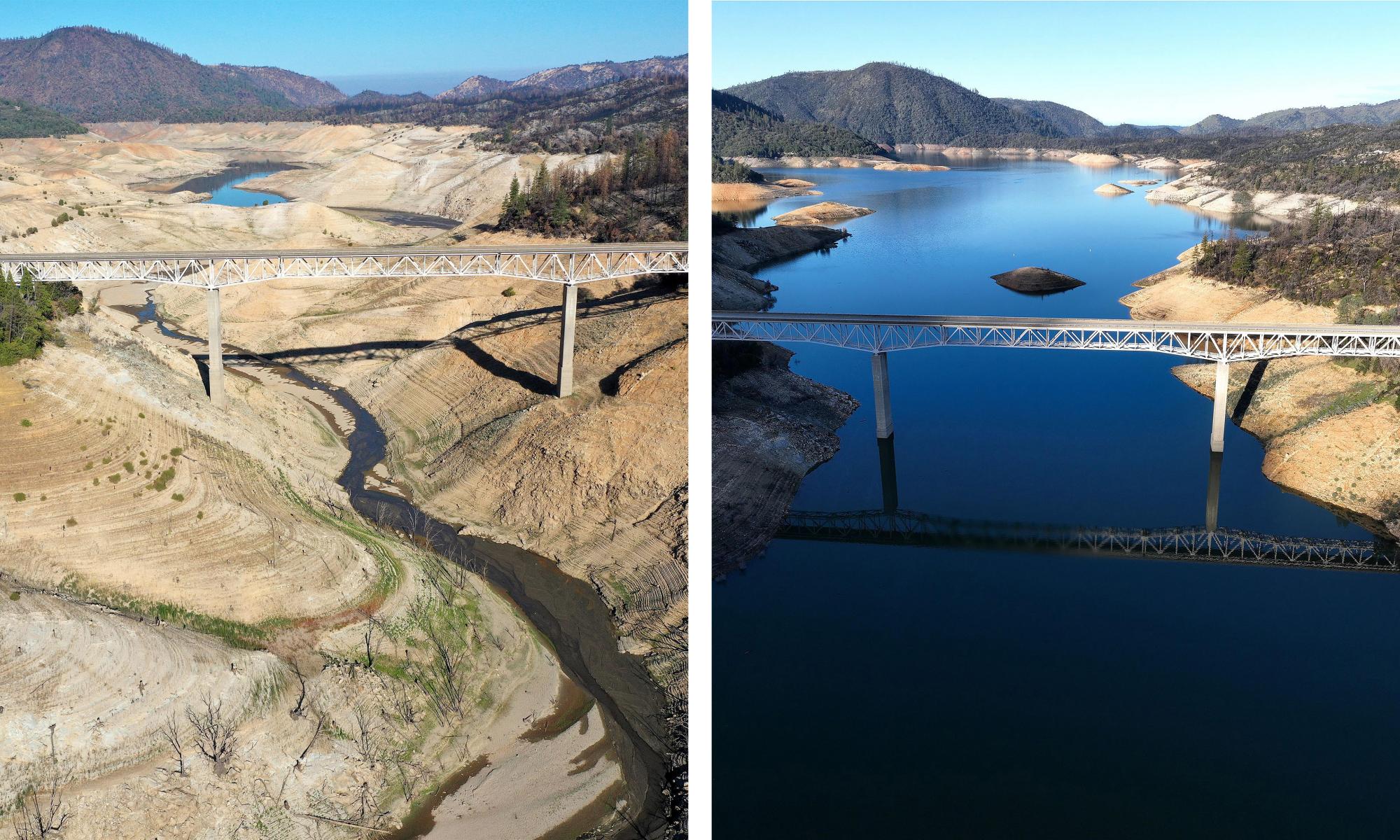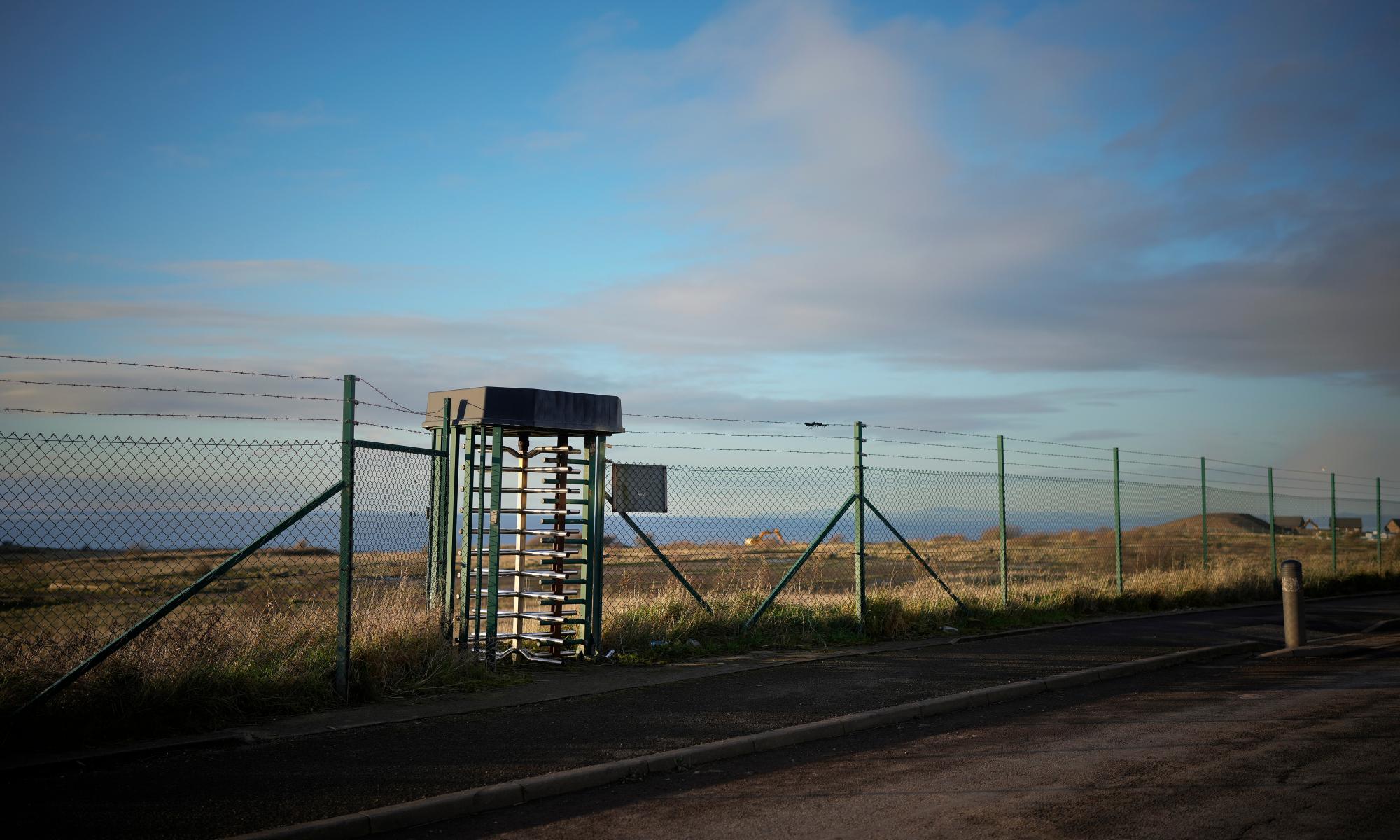Developing countries and climate campaigners are growing increasingly concerned that the UK lacks a clear strategy for hosting vital UN talks on the climate crisis, amid fears of a conflict of interest in government between seeking post-Brexit trade deals and a global climate settlement.
Boris Johnson will lead prominent British figures from climate science, business and economics to launch the UK’s strategy for the conference, known as COP26, on Tuesday. The talks, to take place in Glasgow this November, are widely seen as the last realistic chance for countries to pledge the stiff cuts needed in greenhouse gases to stave off climate breakdown.
But the strategy was plunged into confusion on Friday night as the intended leader of the talks, former energy minister Claire O’Neill, was abruptly sacked.
Her sudden removal, by the prime minister’s adviser Dominic Cummings, has left a vacuum that the government said would be filled by a minister.
While some observers were encouraged that a more heavyweight politician than O’Neill could take the stage, there were concerns that if responsibility for the negotiations is taken on by the Department of Business, Energy and Industrial Strategy, that will mean the same officials and politicians who are trying to sign post-Brexit trade deals will also be trying to persuade recalcitrant governments to renew their commitments to cutting carbon.
The potential conflicts of interest were clearly illustrated at the UK-Africa summit less than a fortnight ago, when Boris Johnson boasted of ending UK funding of coal-fired power plants in Africa – though there had been no such funding since 2002. But at the same conference, nearly £2bn of investment was poured into African oil and gas.
Mohamed Adow, director of the Power Shift Africa thinktank, and a long-time observer at the annual UN talks, said: “So far it doesn’t seem like there is a clear vision for Glasgow. The recent UK-Africa summit was a huge missed opportunity to make climate a major theme. And 90% of the energy deals done at the summit were on oil and gas, suggesting that climate change was merely being used as greenwashing veneer.”
The head of one major international NGO said civil society groups were “not convinced” that the UK could skirt the potential conflicts of interest. “It is very delicate and it’s going to be very interesting to see how they do this.”
The media will be largely excluded from Tuesday’s launch, apparently at the behest of Downing Street. That is unusual, as the UN’s climate change secretariat is sensitive to being seen as open and transparent.
Tom Burke, founder of the environmental group E3G, said it was encouraging that Downing Street was playing a greater role in COP26, however. “That Dominic Cummings has done this [sacking O’Neill] suggests a political motivation, and shows they realise how important it is to get this right.”
Forging a global consensus on urgent action on the climate will not be easy. The Paris accord of 2015 marked the first time that rich and poor nations came together resolving to hold global heating to no more than 2C, and preferably 1.5C, which scientists say is the limit of safety.
The Paris pledges to curb carbon emissions are inadequate, however, and at COP26, governments must scale up their ambition, or face climate breakdown within the decade. The most recent round of talks, in Madrid in December, were fractious and ended in only a partial agreement, showing little of the spirit of cooperation that will be needed to make COP26 a success.
Other developing countries told the Guardian that the sacking of O’Neill was “at best disruptive” but that if Johnson took swift control and appointed a political heavyweight who could inspire confidence in global capitals, the damage could be limited.
There were concerns over O’Neill’s handling of the negotiations to date, as O’Neill appeared to downplay the importance of the Paris agreement and gave conflicting opinions of what should be achieved at COP26.
O’Neill had already embarked in recent months on a busy programme of meeting environment ministers and negotiating teams from around the world. She attended the last UN talks in Madrid in December, and went to Dhaka to see Sheikh Hasina Wazed, Bangladesh’s prime minister, who will play a pivotal role in the talks as leader of the Climate Vulnerable Forum group of 50 countries. Those meetings will need to be replicated and relationships rebuilt after her departure.
Saleemul Huq, of the International Institute for Environment and Development, a COP veteran, said: “[The UK] will need those countries. The UK negotiators and go-betweens have showed themselves to be very capable and informed.”
He added: “The sacking of O’Neill seems to be a setback which they can only rectify by quickly appointing a political heavyweight to replace her. Hopefully they will do so.”
At Tuesday’s launch, Johnson will showcase the UK’s advances in renewable energy, its leadership role as one of the first countries to legislate for net-zero emissions by 2050, and the City of London’s power as a global finance centre to pour billions into greening the global economy. He will hope that these are enough to restore any doubts caused by the stormy start of the UK’s year as hosts.


